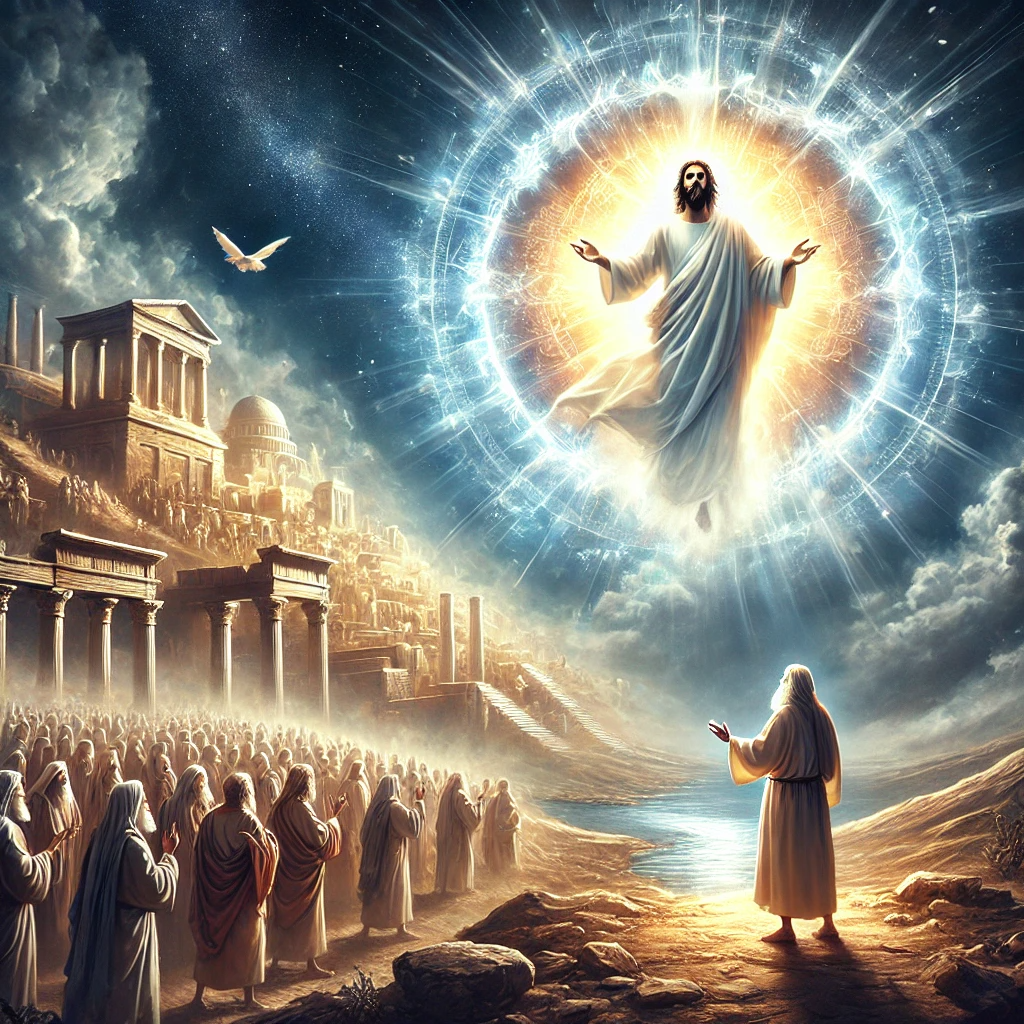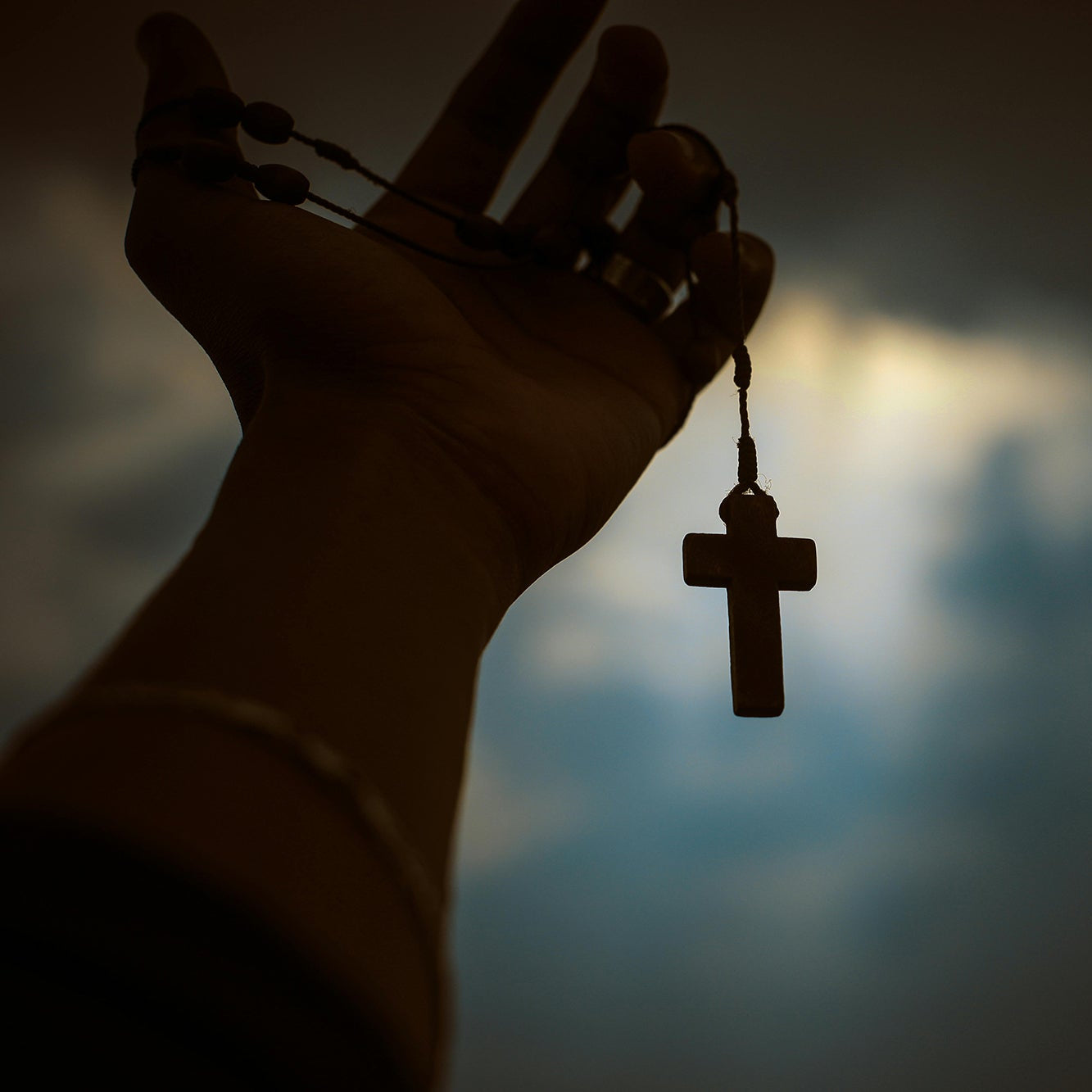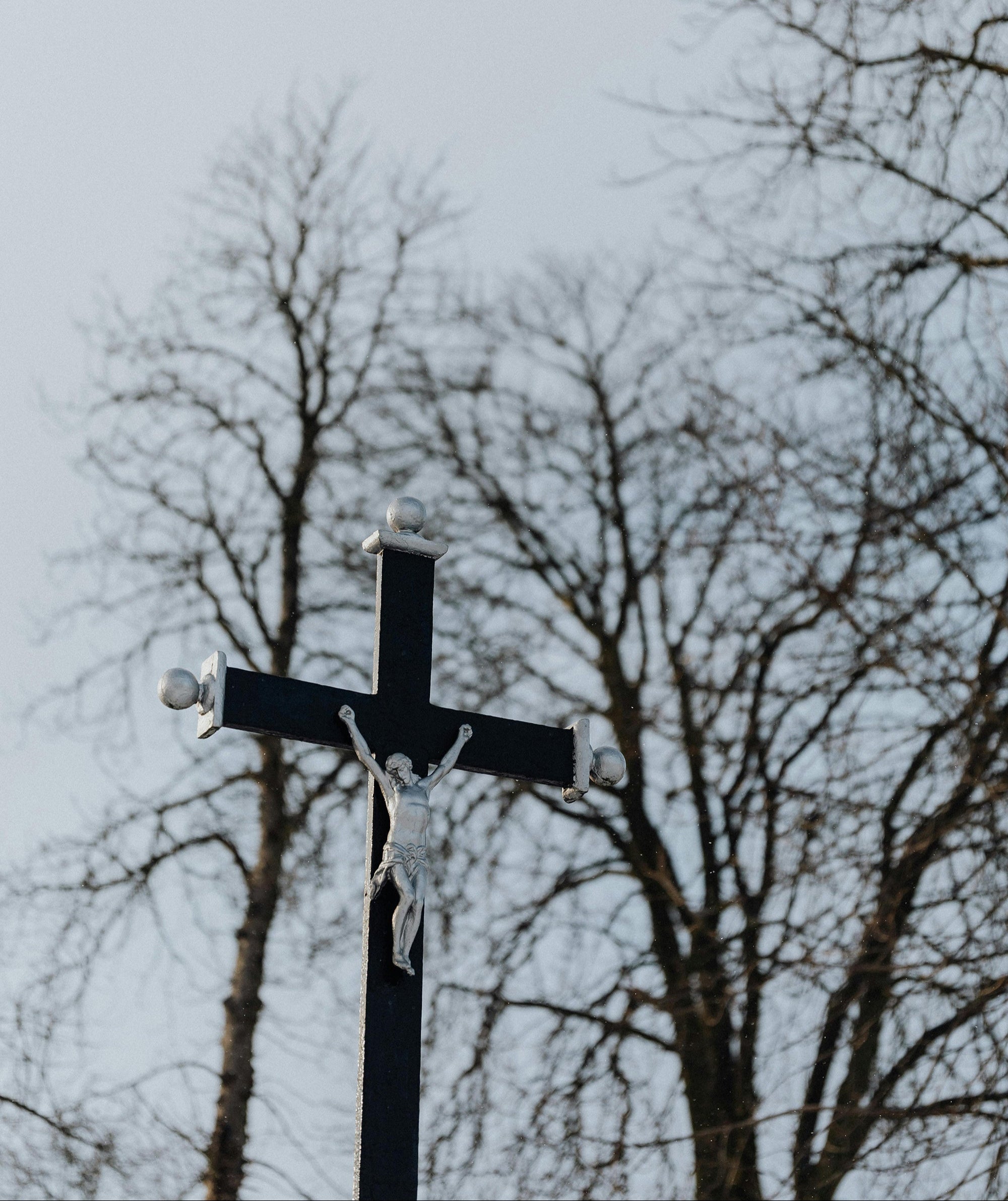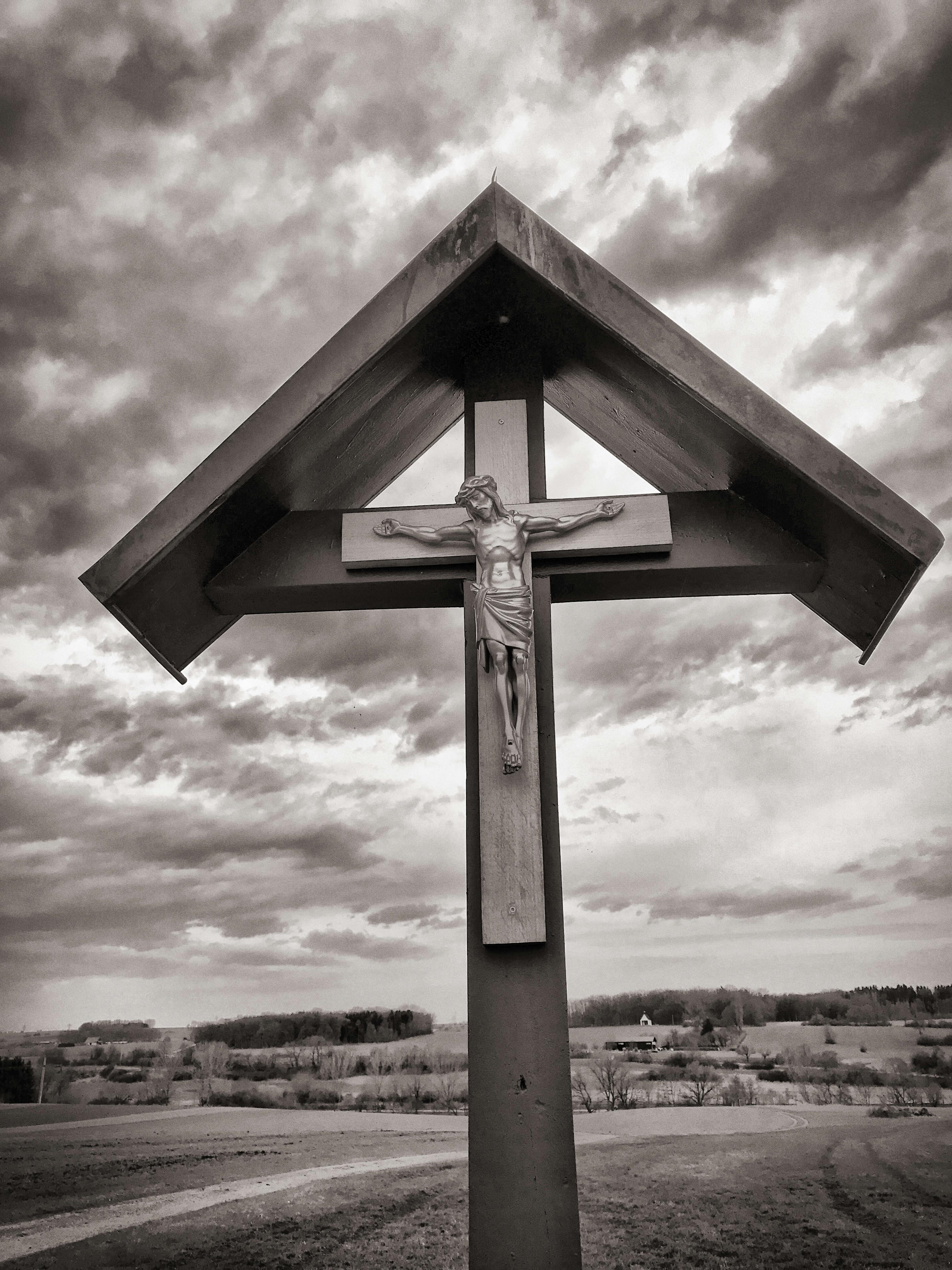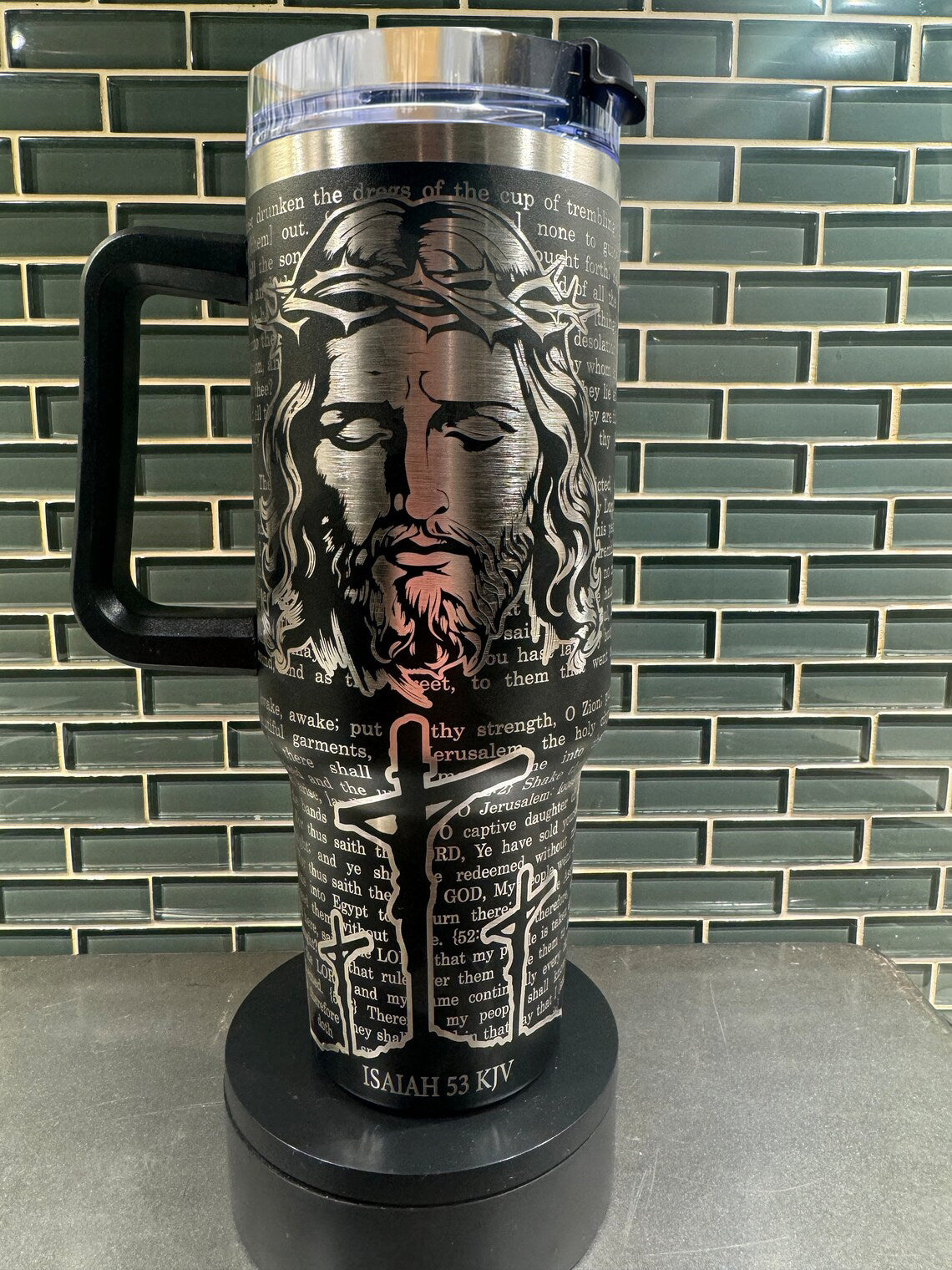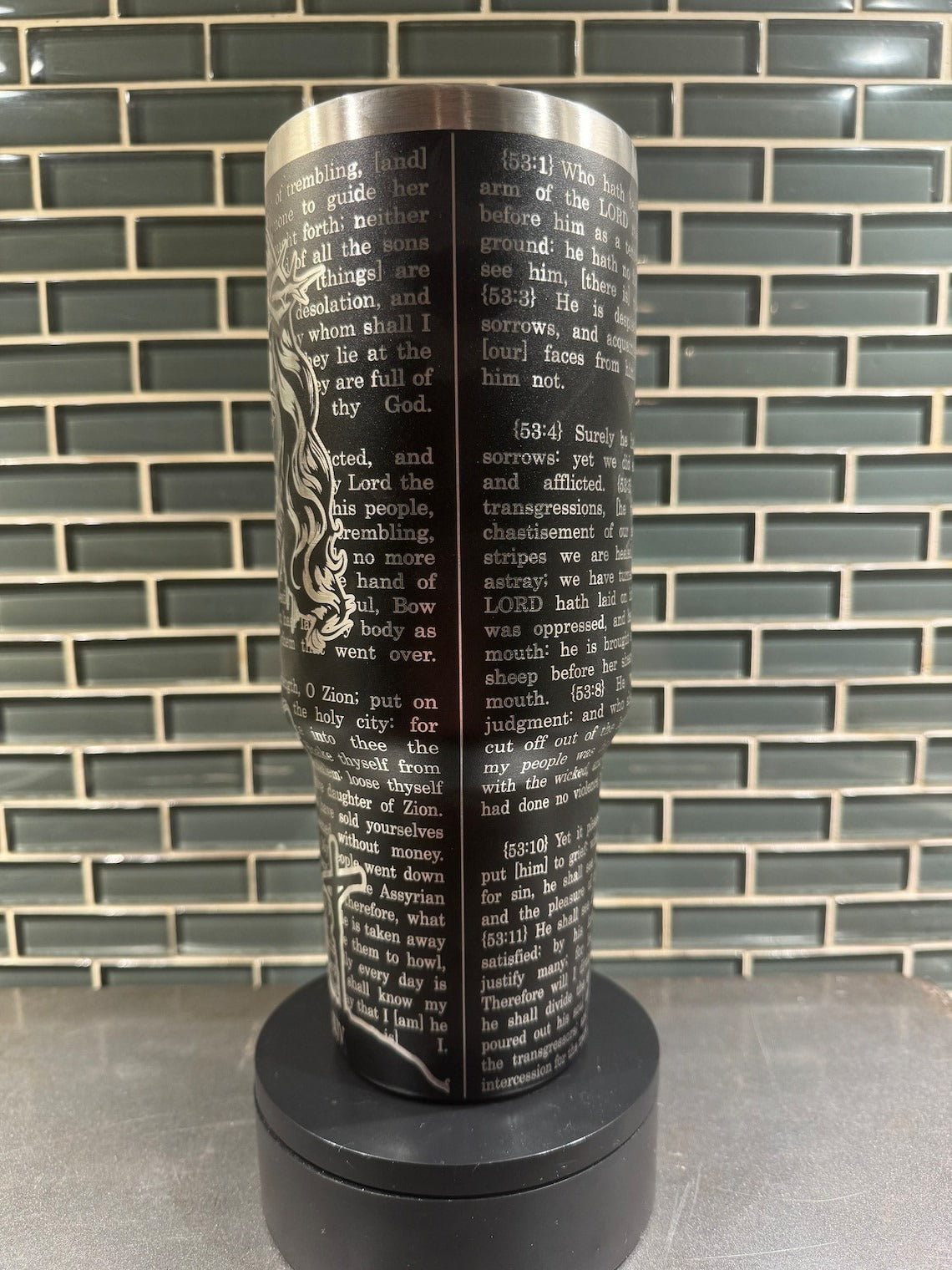The Catholic Thanksgiving: Its Meaning and How It's Celebrated in the Faith
Thanksgiving is one of the most significant moments in the lives of Catholics, a time to pause and reflect on the many blessings that God has bestowed upon them while expressing deep gratitude. It is not only an act of reverence but also an opportunity for families, communities, and individuals to strengthen their spiritual lives and deepen their relationship with God and one another. In this post, we will explore the meaning of Thanksgiving in the Catholic faith and how Catholics celebrate this special occasion.
1. Thanksgiving in the Catholic Church: Why Give Thanks?
In Christianity, Thanksgiving is not just a time to be thankful for the good things in life but also a central part of worshiping God. The word “Thanksgiving” comes from the Latin “Eucharistia,” meaning “thanksgiving.” This word has become synonymous with the celebration of the Eucharist, the central sacrament of the Catholic Church.
Thanksgiving is an occasion for believers to thank God for the countless blessings they have received in life—from the smallest things, like health and family, to the greatest gift of salvation through Jesus Christ. The act of participating in the Eucharist is a profound expression of gratitude, where Catholics not only remember Jesus’ sacrifice but also acknowledge His ongoing love and mercy in their lives.
When attending the Mass of Thanksgiving, Catholics express their gratitude to God through prayers, hymns, and the offering of the Eucharist. The bread and wine, consecrated by the priest, become the Body and Blood of Christ, symbolizing God’s ultimate gift of love and redemption. The act of receiving the Eucharist helps to strengthen faith, renew hope, and deepen the bond between God and His people.
2. Thanksgiving in the Mass: The Eucharist at the Heart of the Celebration
The Eucharist, or Holy Communion, is the central act of thanksgiving in the Catholic Church, celebrated at every Mass. During the Mass, bread and wine are offered up, and through the priest’s words of consecration, they become the Body and Blood of Christ. This sacrament is not only an act of remembering Jesus’ saving work but also a profound way of thanking God for His mercy and the gift of eternal life.
For Catholics, taking part in the Eucharistic celebration is more than just a ritual—it is an expression of thanks for the many blessings they receive daily. It is through this sacred sacrament that believers unite themselves with Christ, who gave His life for their salvation. The Eucharist is not just a form of remembrance; it is also a powerful moment of communion with God and with the community of believers.
3. Thanksgiving in the Family: A Time to Unite and Share
In Catholic families, Thanksgiving is often a time to gather and express gratitude to God in the context of family life. This might include saying a prayer of thanks before a shared meal, reflecting on the blessings of the past year, and offering prayers for continued well-being and protection. While Thanksgiving celebrations may vary by culture and region, the core focus remains the same: giving thanks to God.
Even though special family celebrations are common, Catholics are encouraged to give thanks throughout the year, not just on designated holidays. Whether during family meals, daily prayers, or at the end of a busy day, moments of gratitude become opportunities to recognize God’s presence in their lives and to draw closer as a family.
Thanksgiving is not only about the material blessings one receives but also about fostering spiritual growth. Families use this time to reflect on God's goodness, strengthen their faith, and support one another in their walk with Christ.
4. Thanksgiving in the Community: Unity and Love
Beyond the family, Thanksgiving is also an occasion for Catholics to gather in their parish community and worship together. During Mass, they come together to give thanks for God’s blessings, share their joys and sorrows, and support one another in their spiritual journeys. The community aspect of Thanksgiving emphasizes the importance of solidarity, love, and fellowship among believers.
Catholics believe that true thanksgiving is not just about personal gratitude but also about sharing God's blessings with others. Community gatherings, charity events, and acts of service are all ways to demonstrate that Thanksgiving goes beyond personal thanksgiving—it is about showing love and compassion to those in need. Serving others and participating in charitable actions embody the spirit of thanksgiving and reflect Christ’s call to love one another.
5. Thanksgiving in Special Liturgical Seasons: Meaning in Advent and Easter
In addition to specific Thanksgiving celebrations, the liturgical calendar also offers special moments of thanksgiving. During Advent, Catholics prepare spiritually for the birth of Christ, and part of this preparation involves offering thanks to God for His many gifts. Similarly, during Easter, the celebration of the Resurrection is a profound act of thanksgiving, as it commemorates Jesus’ victory over death and the hope of eternal life.
Both Advent and Easter are times to remember God’s saving work, to express gratitude for the life of Christ, and to reflect on the promise of redemption. These liturgical seasons highlight the deep connection between thanksgiving and the central mystery of the Christian faith—the life, death, and resurrection of Jesus Christ.
Thanksgiving as an Act of Gratitude and Hope
Thanksgiving is not just a time for Catholics to express gratitude for the blessings they have received, but it is also an opportunity to deepen their faith, strengthen family bonds, and foster a spirit of unity and love within the Church. It is a reminder that all gifts, both material and spiritual, come from God and should be acknowledged with thanksgiving.
For Catholics, thanksgiving is not confined to a single day or holiday. It is a way of life, a continual recognition of God’s goodness and the hope He offers. Through the Eucharist, prayer, acts of service, and community, Thanksgiving becomes a way to live out the Christian calling to love God and one another. By giving thanks, Catholics embrace a life of gratitude, humility, and hope—qualities that define the Christian way of life.
Check out some Christian products here





